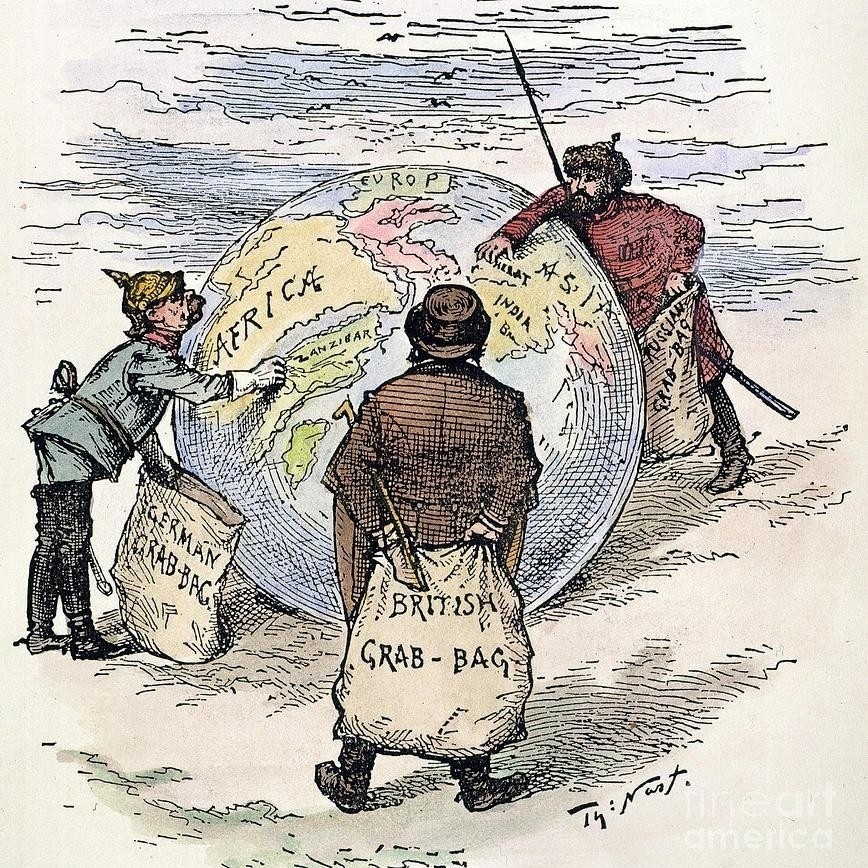
Introduction
Imperialism, a multifaceted and historically significant ideology, has profoundly impacted human history over the ages. It fundamentally revolves around the belief that societies, deeming themselves superior, should extend their dominion by conquering and subjugating others. The course of history has been dramatically altered by this ideology, influencing politics, economics, culture, and global relations alike. This article delves into the intricate concept of imperialism, tracing its historical roots, exploring the motivations driving it, examining its enduring consequences, and considering evolving perspectives on this complex idea.
Historical Context
The seeds of imperialism trace back through the annals of history, finding early manifestations in the grandeur of the Roman Empire, the expansive conquests of the Mongol Empire, and the dynastic reigns of ancient China. However, it found renewed vigor during the Age of Exploration, spanning the 15th to 17th centuries, as European powers embarked on audacious maritime expeditions, unearthing new trade routes and territories. It was during this epoch that empires like the British, French, Spanish, Dutch, and Portuguese expanded their domains with unprecedented fervor.
Motivations for Imperialism
-
Economic Gain: At the heart of imperialism lay economic ambition. European powers sought new sources of raw materials, lucrative trade routes, and access to the vast wealth within conquered territories. This drive often led to the relentless exploitation of resources and labor in colonized regions.
-
Political Ascendancy: Imperialist nations were driven by the ambition to bolster their geopolitical influence. Conquering new territories allowed them to secure strategic military bases, augment their political clout, and maintain an edge over rival nations.
-
Cultural and Ideological Supremacy: Many imperialist nations firmly believed in the inherent superiority of their culture, religion, and way of life. They regarded their mission as bringing civilization and enlightenment to what they perceived as "backward" societies, frequently imposing their own cultural norms through forceful assimilation.
-
Nationalism: Imperialism was often nurtured by nationalism, with the expansion of territories seen as a testament to a nation's strength and superiority. This fervor frequently stoked conflicts between empires.
Consequences of Imperialism
The consequences of imperialism reverberate through history, leaving indelible imprints on both the colonizer and the colonized. These consequences encompass:
-
Cultural Exchange: Imperialism was a crucible for the fusion of cultures, languages, and religions, leading to instances of cultural syncretism.
-
Economic Exploitation: Colonized regions often bore the brunt of economic exploitation, resulting in poverty, resource depletion, and reliance on colonial powers.
-
Social and Political Turmoil: Imperialism invariably disrupted traditional social hierarchies and governance systems, often culminating in upheaval and conflict within colonized territories.
-
Nationalism and Independence Movements: The experience of colonization frequently ignited fervent nationalist sentiments, spurring movements for independence and self-determination.
-
Global Power Shifts: Imperialism was a catalyst for shifts in global power dynamics, leading to the rise and fall of empires, thereby reshaping the global order.
Evolving Perspectives
As time has passed, perceptions of imperialism have evolved. While some continue to view it as a symbol of oppression and exploitation, others argue that it paved the way for globalization, the dissemination of knowledge, and the exchange of ideas. Nevertheless, the scars of imperialism endure and continue to shape contemporary debates concerning reparations, historical accountability, and international relations.
Conclusion
Imperialism, an ideology that espouses the conquest of others by superior societies, has been an influential force in human history. Its historical origins, driving motivations, enduring consequences, and evolving perspectives offer valuable insights into the intricate tapestry of global interactions. The legacy of imperialism serves as a poignant reminder of the profound and lasting impacts of power, ambition, and ideology on the course of history.


